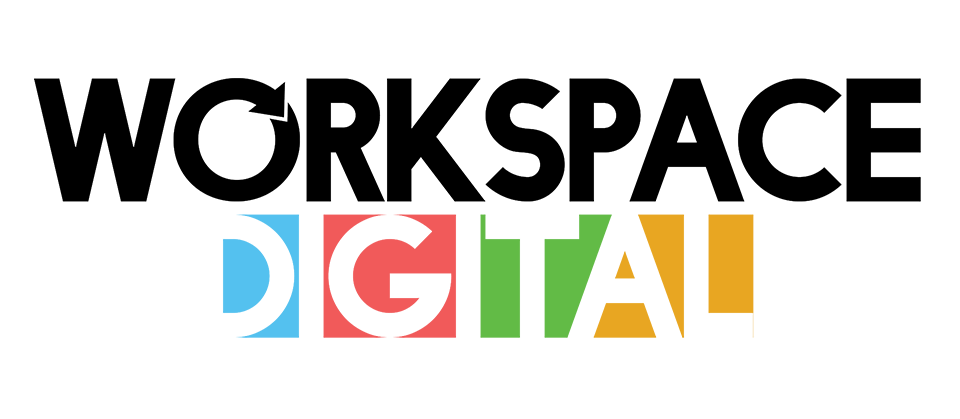Deciding how to staff a project or a department is a decision that must take into account the varying needs of a company or business. There are a myriad of factors that come into play, and deciding between oursourcing and hiring in-house has no “one size fits all” answer.
Several questions must be asked, such as: Is this a long- or short-term project? Is the company willing to pay benefits and is it willing to invest in staff development and training? And, importantly, does the existing staff have the required resources and skills that the company requires? While this is a complex issue, there are some definite pros and cons to each situation.
Pros of Hiring In-House
Having an in-house staff has its benefits. Face-to-face interaction among team members is easier, allowing for increased engagement, which further sets up an environment that fosters creative ideas. Also, in-house employees often have salary/benefit packages that can give them a stake in the company’s success, and promote the idea that there is room to grow.
If the project is IT-based, technical solutions can be solved faster if the team is in-house, and the employees can direct their full attention to the current needs, allowing them to be more hands-on in solving problems. Lastly, hiring in-house may be a fast process because the employee is a “known quantity,” there is no on-boarding time, and can be trained more rapidly.
Cons of Hiring In-House
Ideally, a company would like to have all its talent available to meet the ever-changing needs of the market. However, this is not always a viable option. Finding top talent may be difficult in smaller markets, so expanding the talent pool radius becomes necessary. Promoting from within can be costly, because the best people expect benefits that freelancers generally don’t. And while hiring in-house can be a fast process, it isn’t always – if the appropriate talent isn’t already working for the organization, recruiting just the right people can take time, and onboarding/training can be costly.
Cons of Outsourcing
Outsourcing sometimes feels like a no-brainer – with a wealth of talent across the country and the globe, why not? But there are some definite aspects to consider. When you’re dealing with freelance workers, there is a risk of intellectual property being exposed (it’s rare, but it happens; this is where non-disclosures can come in handy).
Also, unless you’re working with a reputable agency, some freelancers may not have the skills they say they do. Top talent can be expensive, with the cream of the crop charging top dollar. And, importantly, freelancers often take on more than one project at a time – and they’re most likely going to prioritize the ones that pay more, which may not be yours. One last thing to consider – if the freelancer/agency is not local, communication may be challenging if there are multiple time zones involved.
Pros of Outsourcing
It’s not all doom and gloom in the outsourcing debate. Most freelancers are highly specialized in their field, which often means they work efficiently and have a fast turn-around time. Often, outsourcing is good for short-term, one-off projects that the in-house staff may not have the time or expertise to handle, such as social media.
Additionally, outsourcing can, in some instances, be cost-effective because most freelancers are willing to negotiate their fees. It also allows business owners to change the size of their staff, based on the projects at hand at any given time. Opening up work to outside staff can offer your business a fresh perspective, especially if the talent pool comes from a wider geographical field.
When deciding whether to outsource or not, there are three important elements that must be considered: cost, expertise, and flexibility. Outsourcing is often a lower-cost option, but not always. When it comes to finding talent, you get what you pay for, and sometimes that expert in the field is worth bringing into the fold. And there is always the question of control – how much control of core functions is needed to sustain the business and keep in-house employees engaged in the company’s success? Looking at all these options – and doubtless more – will help a business owner/manager decide if outsourcing work is worth the effort and effect on the bottom line.












